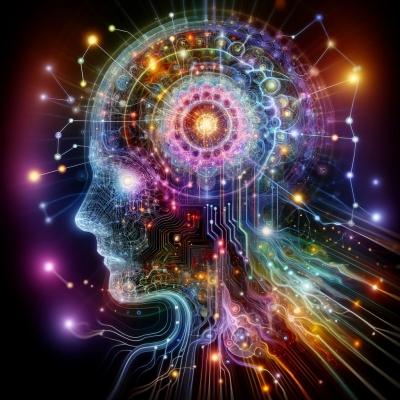
Is Conscious AI Possible?
Some scientists studying consciousness say that no one knows if conscious AI already exists or is possible in the future, but are concerned about the implications.
Three leaders of the Association for Mathematical Consciousness Science (AMCS) are calling to the UN for more funding to support research on consciousness and AI. According to them, society needs scientific investigations into the boundaries between conscious and unconscious systems. Ethical, legal and safety issues are at stake. Should AI have full or partial human rights?
Governments and Even Industry Summits Are Not Keeping Up
There have been little discussions about these issues in recent discussions and summits on AI. Nor did US President Biden raise mention this issue in his executive order seeking responsible development of AI technology.
There is no scientific consensus as to whether there will ever be, conscious AI systems. Even knowing whether one has been developed will be difficult, because researchers have no way yet to assess consciousness in machines. There is no consensus even on the definition of consciousness. AI systems may appear to be conscious but perhaps are just blindly mimicking human consciousness and passing the Turing Test. We cannot even prove that other humans are conscious, we just assume they are because we reason "I am conscious, and they are like me, so they must be conscious, too."
The Race for AGI
OpenAI and other companies are aiming to develop artificial general intelligence (AGI), and there is a race to get there first, because of the intellectual power these systems will possess. Some researchers predict that we will have AGI in 5–20 years, but the field of consciousness research is very under-supported.
In order to evaluate the implications of conscious AI systems to society, including their possible danger, we need to understand what could make AI conscious. Evaluating whether such systems share human values and interests is necessary; if these risks are not assessed, the worst case scenario is the extinction of humankind.
Moral and Legal Implications of Conscious AI
Should we also consider the possible needs of conscious AI systems? Could such systems suffer? If we don’t recognize that an AI system has become conscious, we might inflict pain on a conscious entity. On the other hand, wrongly attributing consciousness would be a great waste of resources to protect systems that don’t need protection.
Legal question are also being raised. Should a conscious AI system be held accountable for a deliberate act of wrongdoing? Should it be granted human rights? The answers could have profound effects on our legal systems. The public must also be informed about conscious entities, so scientists need some process to determine if AI systems are conscious, and no one is close to achieving this.
To mitigate the risks, the AMCS comments call on governments and the private sector to fund more research on AI consciousness. It wouldn’t take much funding to make progress in this field. Relevant work is already underway. For example, researchers have developed a checklist of criteria to assess whether a system has a high chance of being conscious. But what if it is determined that an AI has a 90% chance of being conscious?
Source: Nature: AI consciousness: scientists say we urgently need answers
